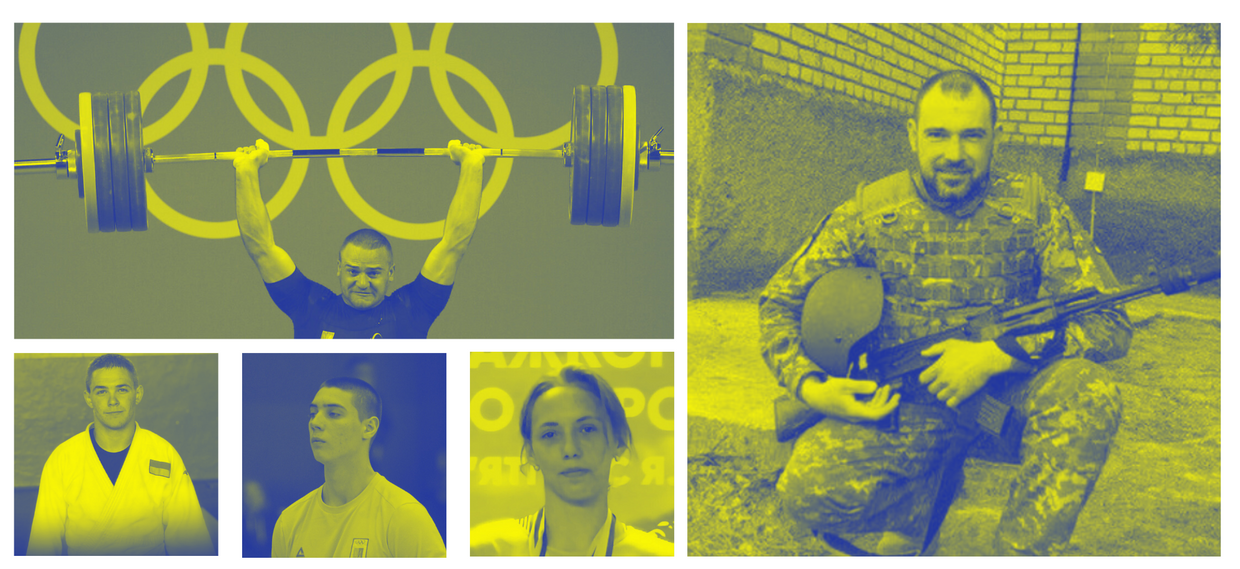Olympic gold medalist Darja Varfolomeev competed in occupied Crimea, social media post suggests

Darja Varfolomeev, a Russian-born German athlete who won gold in the rhythmic gymnastics' individual all-around event at the Paris Olympics on Aug. 9, competed in Russian-occupied Crimea in 2021, photos on her social media account suggest.
In December 2023, the International Olympic Committee (IOC) stipulated that athletes or members of their team who have openly supported the war or have been affiliated with the military or security organizations of Russia or Belarus were barred from participating the Games. The ban primarily targeted athletes from Russia and Belarus.
Varfolomeev, who was born in Barnaul in central Russia only began competing for Germany - her grandfather's birth country - after she moved to the country in 2019, according to a profile on her by Olympic organizers.
The post on Instagram, which has since been taken down, had the location tagged as Alushta in occupied Crimea. Varfolomeev appears to be performing with a background of a Russian and Crimean coat of arms, as well as flags. In a subsequent photo, the logo for the Crimean Federation of Rhythmic Gymnastics is in display.
The photo of Varfolomeev, 17, competing in a competition in Alushta was posted in June 2021. She was 14 at the time.

The Kyiv Independent could not verify the exact date the competition occurred.
Neither Germany's National Olympic Committee nor the country's Sports Ministry have commented on the photo.
Russia illegally annexed Crimea in 2014, amid the EuroMaidan protests and the ousting of pro-Russian President Viktor Yanukovych.
Ukraine's National Olympic Committee (NOC) and Sports Ministry called on July 5 for Russian athletes to be barred from participating in the upcoming Olympics in Paris due to evidence of their support for the Russian military, violating neutrality rules.
Ukraine previously called for barring Russian and Belarusian athletes from the Paris games altogether, even under a neutral banner, due to the fact that these "athletes quite often represent sports organizations related to the Russian Armed Forces."
Russian and Belarusian athletes are allowed to compete in the Olympic Games in Paris as Individual Neutral Athletes with "strict eligibility conditions." Under the rules, Russian and Belarusian athletes cannot participate as teams nor display any flags or official identification with either country.














